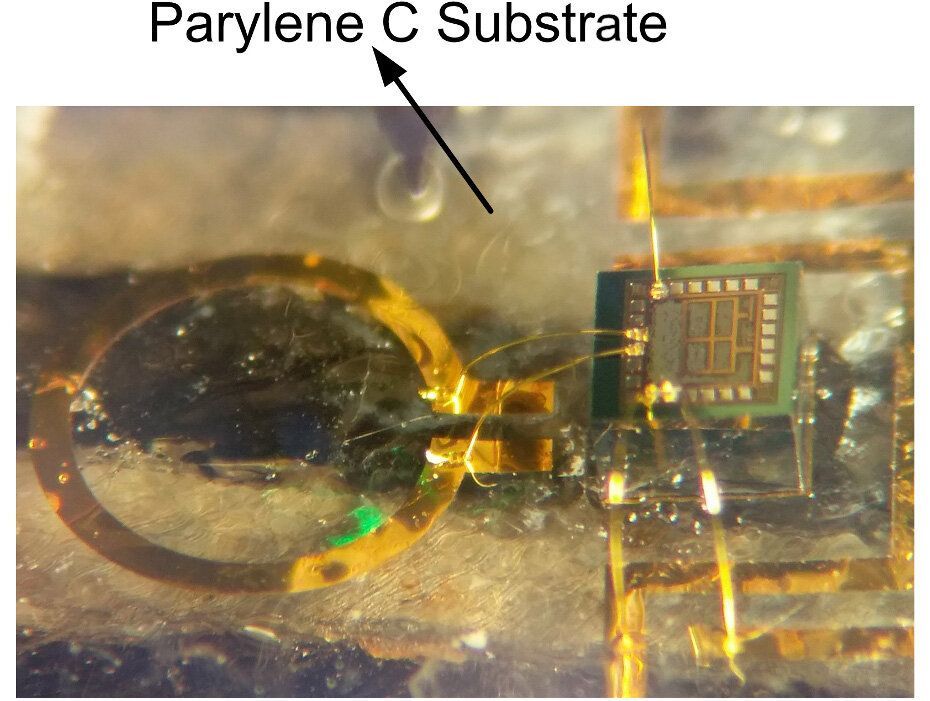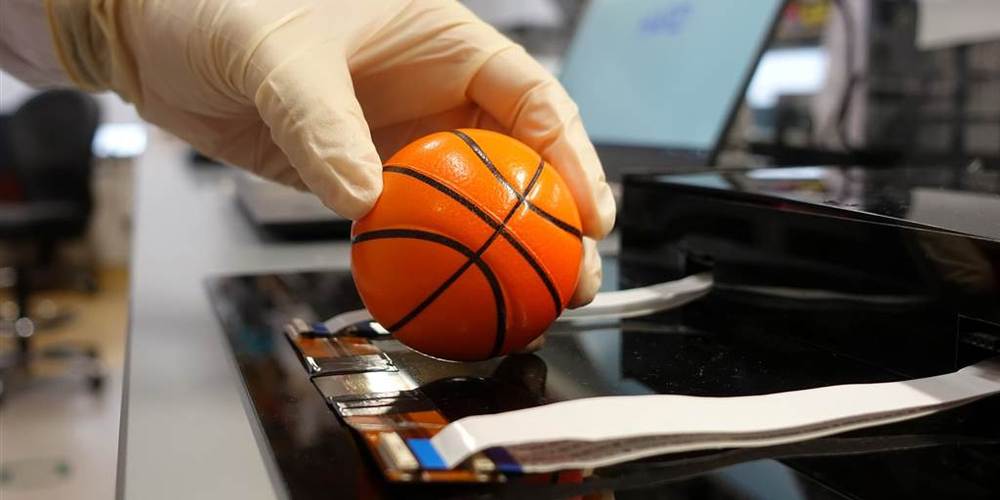Scientists have traced mysterious radio signals detected on Earth to a dead star within our Milky Way galaxy.
The millisecond-long burst of radiation was emitted by a magnestar — a type of star with an extremely powerful magnetic field — roughly 14,000 light-years away, according to a study.
Known as fast radio bursts (FRBs), signals such as these have baffled scientists for years and typically originate from far beyond the Milky Way.








